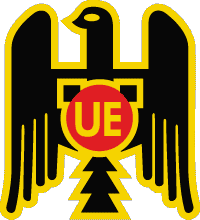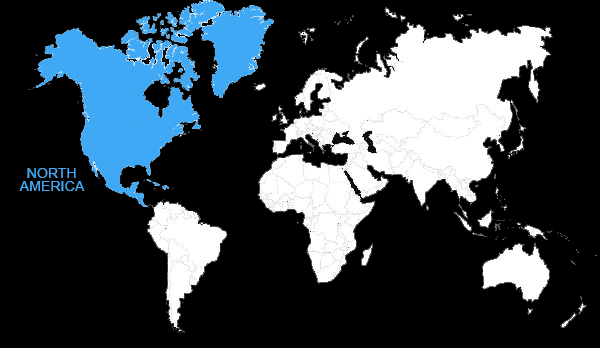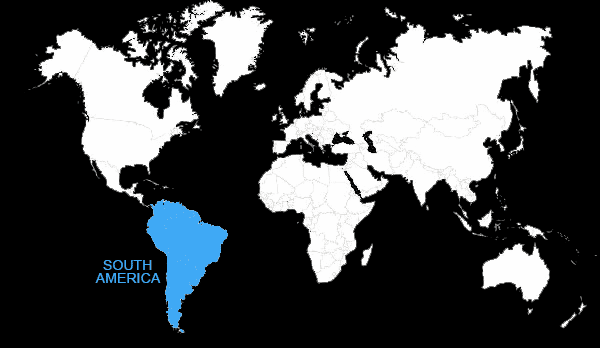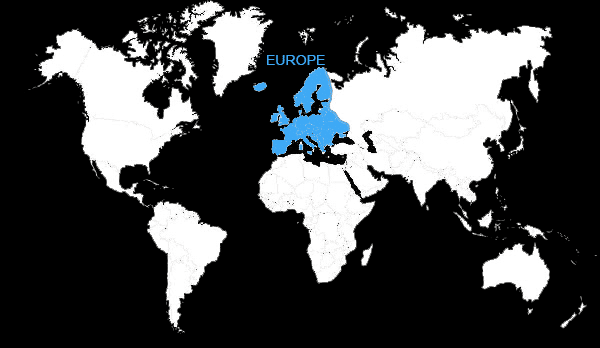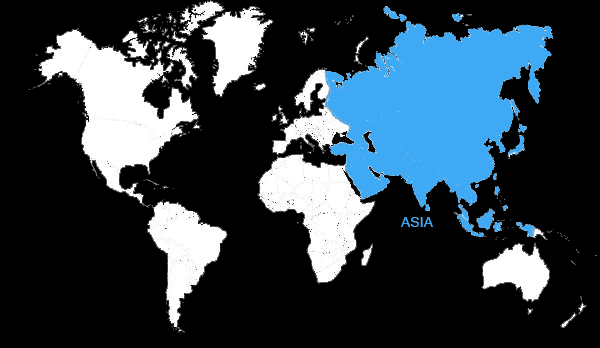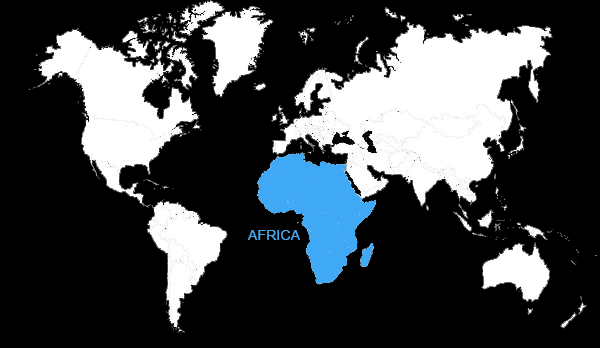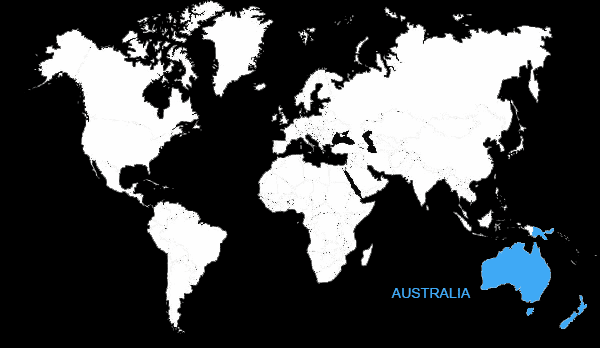Unión Española Tryouts
Unión Española is a Chilean fútbol club based in Independencia, Santiago de Chile. The club currently plays in the Chilean Primera División, the country’s highest level of professional club fútbol.
Unión Española Youth Development System
In each position of the different categories of Unión Española Fútbol Formativo, speed will be sought, but not only in movement as the fast player is, but also that the players are mentally quick to make good decisions. That they are intelligent and can show some autonomy in parts of the game. Along with training, create a soccer intelligence in the player so that he can make more decisions on the field of play, to be a thinking player.
Speed will be the hallmark of this technical team. The mental speed, movement, tactical gesture, and transfer of the ball. Adding the characteristic aggressiveness of Union players who are stubborn, who don’t like to lose, who always go to fight and fight for every ball.
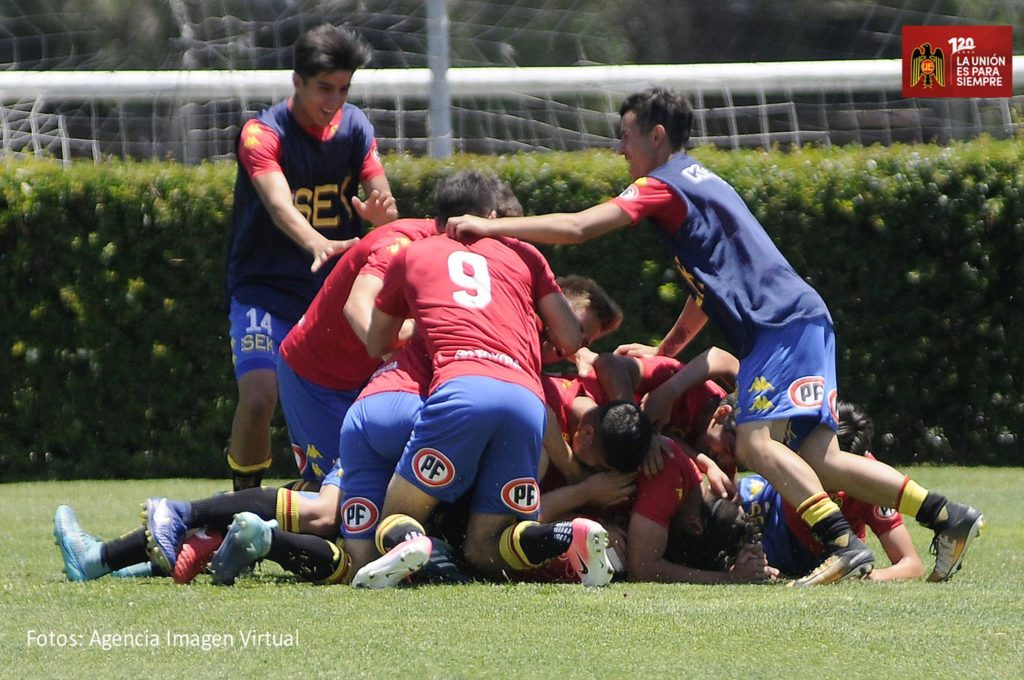
Objectives by position
Goalkeeper: Very good height due to the dynamics of today’s football. Have good passing and control skills. Aggressive goalkeeper in the sense of communicating things and being decisive when he wants to cut off a play.
Central: He must have the height to prevail in the aerial game and be intelligent in recovering the ball. A patient player who is able to differentiate the moments to intervene.
Laterals: You have to have speed mixed with the right resistance to be able to both attack and defend. You must handle all defensive techniques as a priority.
Defensive Midfielder: Aggressive, persevering, and with a capacity for tolerance towards frustration. He must handle defensive techniques, control, and passing to perfection.
Box to Box Midfielder: Multifaceted, that can be adapted to more than one game scheme. That he has the ability to remove balls to start putting together the play and accompanying it.
Offensive Midfielder: Intelligent, creative, and forward-thinking player. That he has the ability to generate situations outside the script. That he is decisive with his passes and aggressive with the ball at his feet.
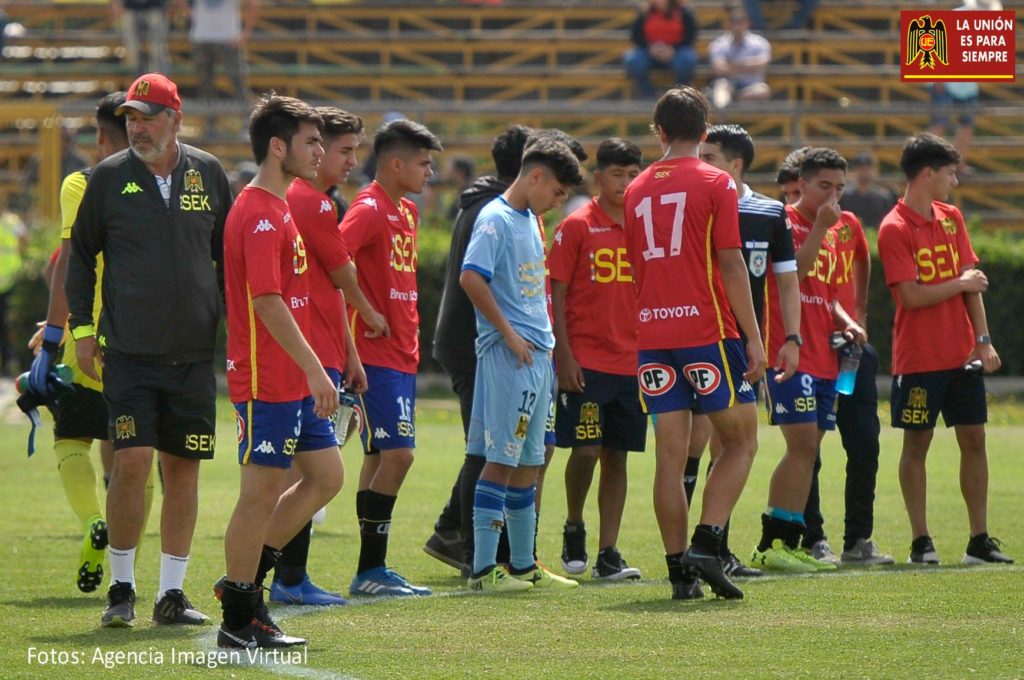
Outside Forwards: Speed, with the ability to constantly reach the baseline. In addition, he must have good technique to lift a center pass. Aggressive with the ball, always looking for a one-on-one.
Second Striker: A groundbreaker, skillful. That he can play for both profiles facing each other constantly.
Center Forward: Area man with height. He must look for balls and hold them with his back to the goal. Being able to make good walls to look for the shot. Good aerial game.
Youth Soccer Coach
It is characterized by having a real vocation for the training sector. They are coaches who like to talk with their players and give them the leading role in order to convey to them that the solutions on the field of play must come from them. They focus on the player achieving learning in each situation so that he can reflect on himself.
Union Young Soccer Player
Identified with the club and its colors. He must be an aggressive player on the ball, persevering, technically gifted, intelligent, creative, and must have speed.
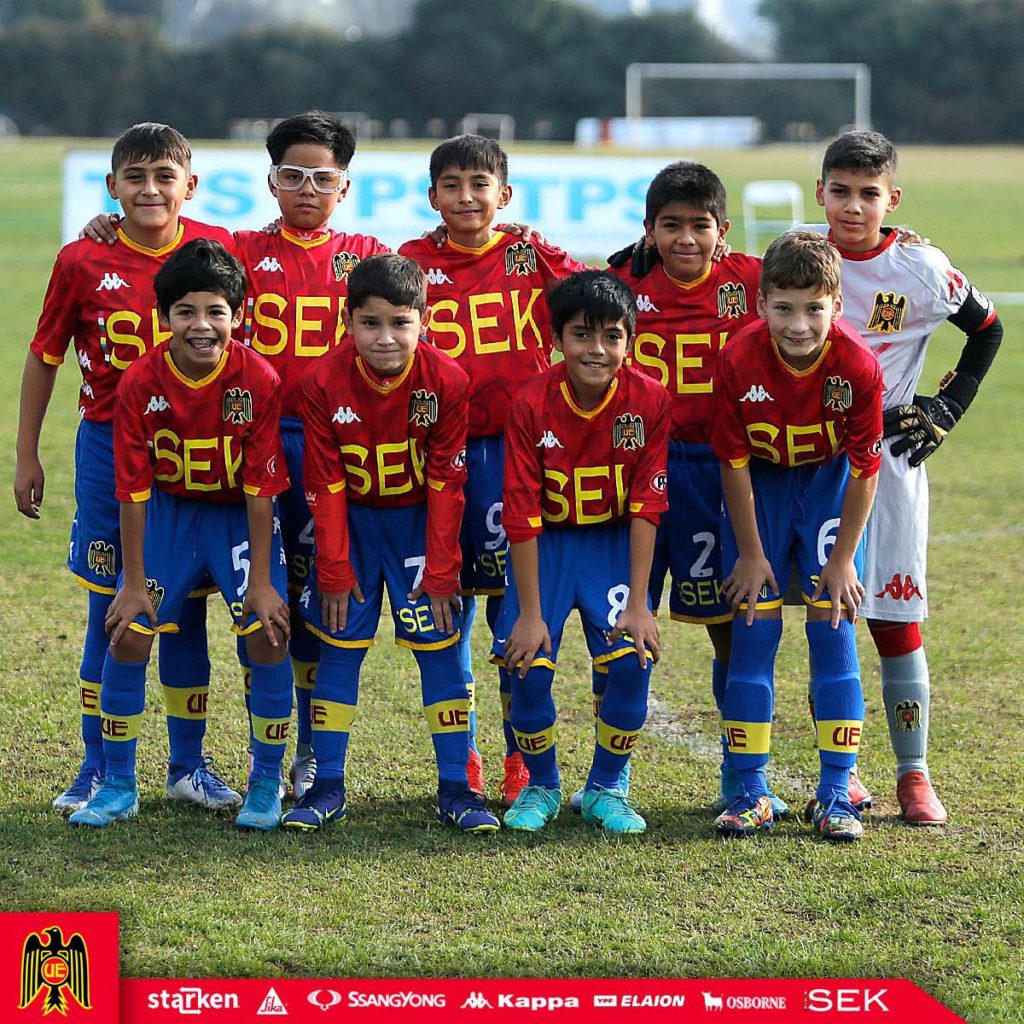
Unión Española Youth Teams
Unión Española Recruitment Trials
At the time of this writing, there are no official publishings on Unión Española trials. Please come back at a later date while we monitor this club or click here to visit their official youth news web page or click here to visit their official youth Facebook page.
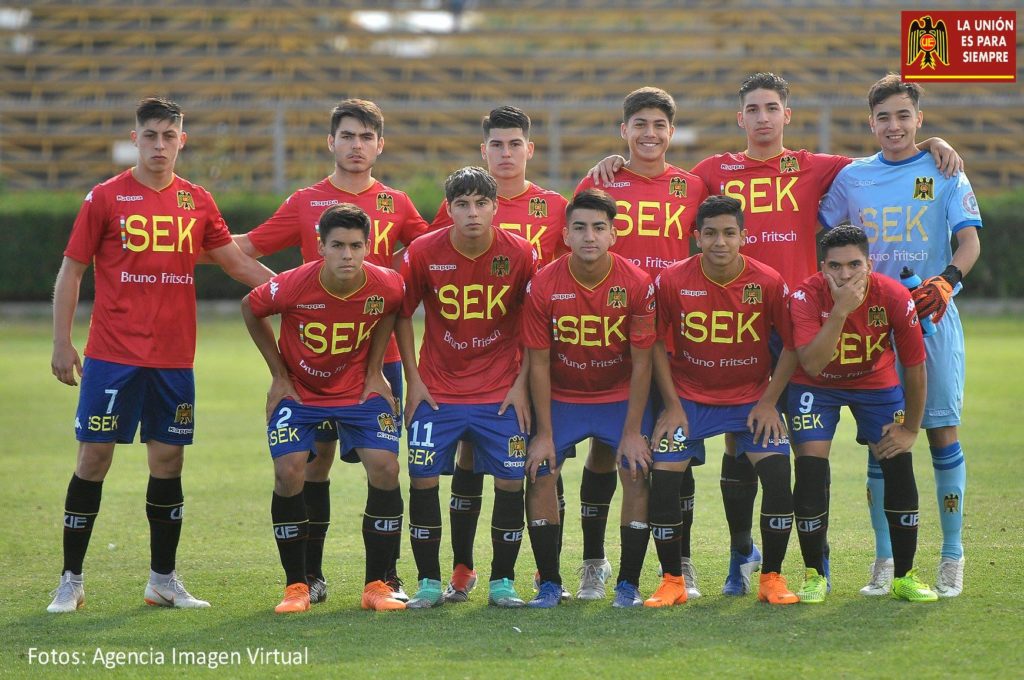
EXPLORE MORE CLUBS!
Explore more professional clubs by continent.
Unión Española History
On May 18, 1897, a group of Spanish immigrants who were living in Chile established the squad, which at the time was known as Centro Espanol de Instrucción y Recreación. In 1918, two further clubs, the Club Ciclista Ibérico and the Club Ibérico Balompié, came into being.
In 1922, the two clubs combined to form the club that is now known as Unión Deportiva Espaola. In the Estadio Santa Laura, the club competed as a team with the same name as the stadium. In the club’s early years, Unión Deportiva Espaola was a member of the Asociación de Ftbol de Santiago and competed in the league’s championship tournament.
The club won its first two titles in a row in the Copa Chile competition, which took place between the years 1924 and 1925 and was held in this tournament. Juan Legarreta, a Spanish defender, served as the team’s captain and guided them to victory.
The National Football Federation merged with the Central Football League the year before 1927, and as a result, the tournament was renamed the Liga Central de Football the following year. Because there were too many clubs competing in the league, it was split into two divisions in 1927 and 1928: Serie A and Serie B. Both of these divisions are still in existence today. Additionally, the club competed in Serie A. After claiming victory in the Liga Central de Ftbol in 1928, Unión Deportiva Espanola was presented with a second championship trophy.
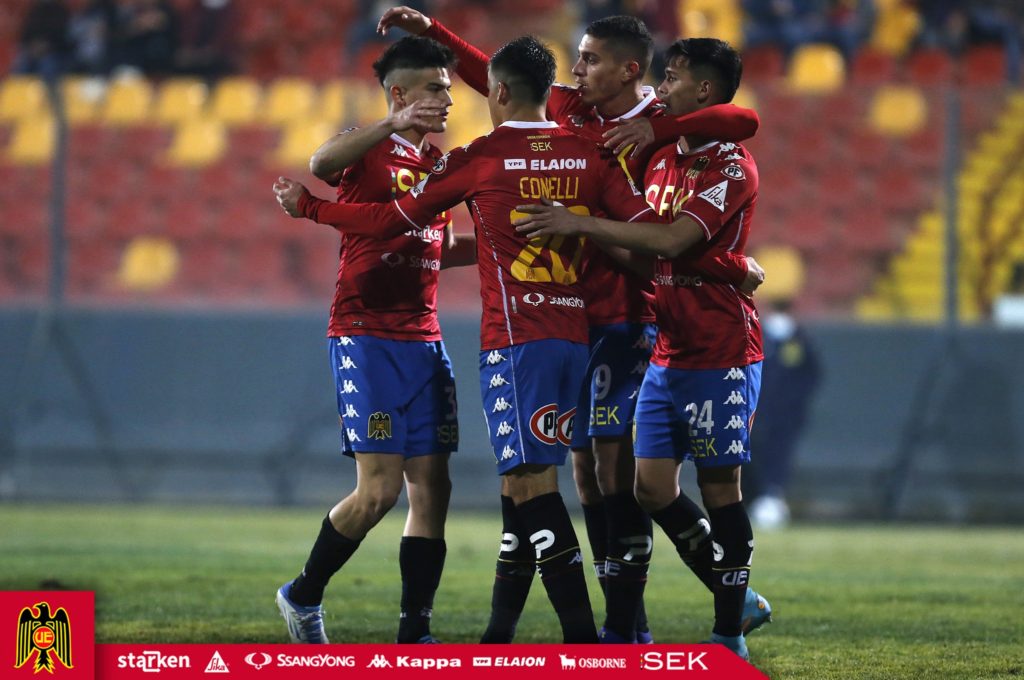
The Professional League of Chile was established in May 1933 by the clubs Unión Deportiva Espaola, Colo-Colo, Santiago Badminton, Audax Italiano, Green Cross, Magallanes, and Santiago National. This league was a part of the Asociación de Ftbol de Santiago.
After falling to Colo-Colo in the championship game of the Apertura that same year, 2-1, Unión finished in second place overall. Their opponent in the championship game was Colo-Colo. Within the field of eight teams competing in the Official Championship, the club came in fourth place. In the next year, with the full union of Centro Español de Instrucción y Recreación and Unión Deportiva Española, in 1934, the club took definitely the name of Unión Española.
Under the name Central, Unión competed in the 1939 season of the Primera División 1939 for a single match, which was played against Colo-Colo. This match took place during the first week of the competition. Due to the Spanish Civil War that took place in this year, the club’s leadership decided to take a break for a period of one year.
During the following year’s competition in the Primera División, which took held in 1940, Unión entered a youth team that ultimately finished in ninth place. Unión earned his first professional title in the Primera División in 1943. This victory came during his time in the sport. After finishing in second place in 1945, 1948, and 1950, the team once again finished in that position in 1950, despite suffering a defeat in the Championship play-offs against Everton by a score of 1–0, with René Meléndez scoring the lone goal. Isidro Lángara, a Spanish head coach, led Unión to victory in 1951 when they won the Primera División championship.
This championship was Unión Espaola’s second ever in their long and illustrious history. Unión Espaola finished in second place in the Primera División Chilena in 1970, with Argentine Nestor Isella serving as the team’s head coach. They were defeated by Colo-Colo in the championship match, which took place in January 1971. On the other hand, the fact that Unión finished in second place enabled them to compete in the Copa Libertadores for the very first time.
In the 1971 edition of the Copa Libertadores, the team advanced to the semifinals of the competition by finishing first in its group and earning a spot, but Unión was eliminated after finishing in last place. Unión finished in third place overall at the regional competition they participated in. The next year, the club finished in second place behind Colo-Colo and earned a spot in the Copa Libertadores tournament as a result.
Unión was named the champion of Primera División for the second time in the 1973 season. This victory came shortly after the club hired Luis Santibáez as its head coach. Guillermo Yávar was the player on the squad who scored the most goals during the competition. During the international competitions, Unión did poorly, finishing in last place in the group stage of the Copa Libertadores in 1973. This was one of the international tournaments that they participated in. Luis Santibáez, the team’s head coach, left to become the head coach of Deportes Ovalle for the next season, but he came back to the club in June of 1974.
In the competitions that Unión participated in, they had a regular season, ended up in fourth place in the Primera División of 1974, and ended up in the last position in the group stage of the Copa Libertadores. Despite this, Unión prevailed in the Copa Libertadores play-offs and earned a spot in the next year’s tournament of the same name.
The 1975 season was one of the most successful in Union Espaola’s history, as the team won the national competition and finished as the runner-up in the Copa Libertadores, losing to Independiente of Avellaneda in the final match. Because of competing teams’ interest in its players during the 1976 campaign, the Unión Espaola team completely disbanded at the end of the 1975–1976 season. Unión and Everton tied for first place in the Primera División competition, hence the two clubs were forced to compete against one another in a Championship play-off, which Unión ultimately lost.
After finishing in third place in the Libertadores play-offs, Unión was eliminated from competition and was unable to compete in the tournament. In spite of this, Unión won the tournament in 1977 and took home the trophy. In the year 2000, Unión Espanola achieved a then-record 70 points to earn promotion to the Primera División. Unión came in at number four overall in the standings for the Primera División. In 2001, after Juvenal Olmos had left to become a coach at Universidad Católica, Leonardo Véliz, a former player, assumed those responsibilities instead.
Two seasons of the team’s existence were spent with Fernando Carvallo serving as its coach (2003–04). When Carvallo was in his second season with Unión, the club was eliminated from the play-offs in the quarterfinals by Santiago Wanderers, during the Torneo de Apertura, and in the Torneo de Clausura of the same year, Unión was the runner-up of the tournament, after losing the final to Cobreloa. Both of these results occurred during Carvallo’s second year with the club. Unión Espaola was crowned champion of the Torneo Apertura in 2005 with Fernando Dáz Seguel at the helm of the team’s coaching staff.
This victory marked the club’s sixth championship in Primera División in its long and illustrious history. Fernando Carvallo’s move to Palestino resulted in his replacement by Dáz Seguel. Unión participated in the Copa Libertadores in 2006 thanks to the championship they won in the Apertura in 2005. In this international competition, Unión was unable to advance to the next stage and finish in the top four.
The club was tied for third place with the Argentine club Newell’s Old Boys with 8 points, but because Newell’s Old Boys had a greater goal difference, Unión was ousted from the competition. However, in the national tournament, Unión did not have a very successful season, and they ended up ending in thirteenth position on the Annual Table. The next year, Unión Espaola competed in the regular season of the Torneo de Apertura in 2007, and they ended up finishing in eighth place.
But on the Torneo de Clausura, the team’s performance was much poorer, and they ended up finishing in eighteenth place of the Clausura. This was after they had finished in sixteenth position in the Annual Table, therefore they were very close to qualifying for the promotion play-offs. In 2008, Unión won its first three games in the Torneo de Apertura 2008 against Deportes Melipilla, Audax Italiano, and Universidad Católica. However, the team’s performance deteriorated over the course of the following weeks.
The Argentine coach Marcelo Espina was in charge of the squad at the time. The Spanish businessman Jorge Segovia paid a total of 2.500 million pesos to acquire the club in July of the same year. The transaction took place. The first significant change that took place at the club following Segovia’s accession to the position was the employment of Jorge Garces in the position of coach, following Espina’s resignation. On the other hand, Jorge Garcés turned up a worse performance than Espina, and as a result, he was fired. His position was taken by the coach Luis Hernán Carvallo when he arrived.
Shortly after that, the club participated in the Promotion playoffs against Deportes Puerto Montt, and after an aggregate result of 5–4, the team came dangerously close to being demoted to Primera B. The following year, the club had a noteworthy season in the Torneo de Apertura 2009, finishing in the first season at regular phase, qualifying to the play-offs and the Copa Sudamericana 2009, but in the play-offs, the team was defeated by Universidad de Chile with an aggregate score of 2–1 and finished in second place.
As a result of obtaining first place in the Apertura, Unión was able to qualify for the Copa Sudamericana in 2009. Despite suffering a loss to La Equidad on an aggregate score of 3–2, the club advanced to the Round of 16 to face Velez Sársfield. Despite this, the team came close to qualifying for the quarterfinals, but ultimately fell short with a score of 5–4 on the aggregate. In the 2010 season of the Chilean Primera División, Unión ended in fifth place with 52 points, finishing ahead of Huachipato, who finished in sixth place with 48 points. This earned them a spot in the Libertadores play-offs.
In these playoffs, Unión defeated Audax Italiano to win the tournament, and as a result, the team qualified to play Bolvar in the first stage of the 2011 Copa Libertadores. Bolvar was the opponent for this matchup. As a result of their victory in the first stage of the competition, Unión advanced to the second stage with a perfect score of 1-0.
During the group stage, Unión finished in last place with four points, three points behind Caracas, who finished in third place with seven points. After defeating Colo-Colo 1-0 in the championship match of the 2013 Apertura Tournament, Unión was crowned the victor. Despite finishing tied for first place with Universidad Católica, they had a greater goal differential, making them the champions of the tournament.
Unión Española Stadium
Estadio Santa Laura is a football stadium in Independencia, Santiago, Chile. It is the stadium at which Unión Espaola plays their home games.
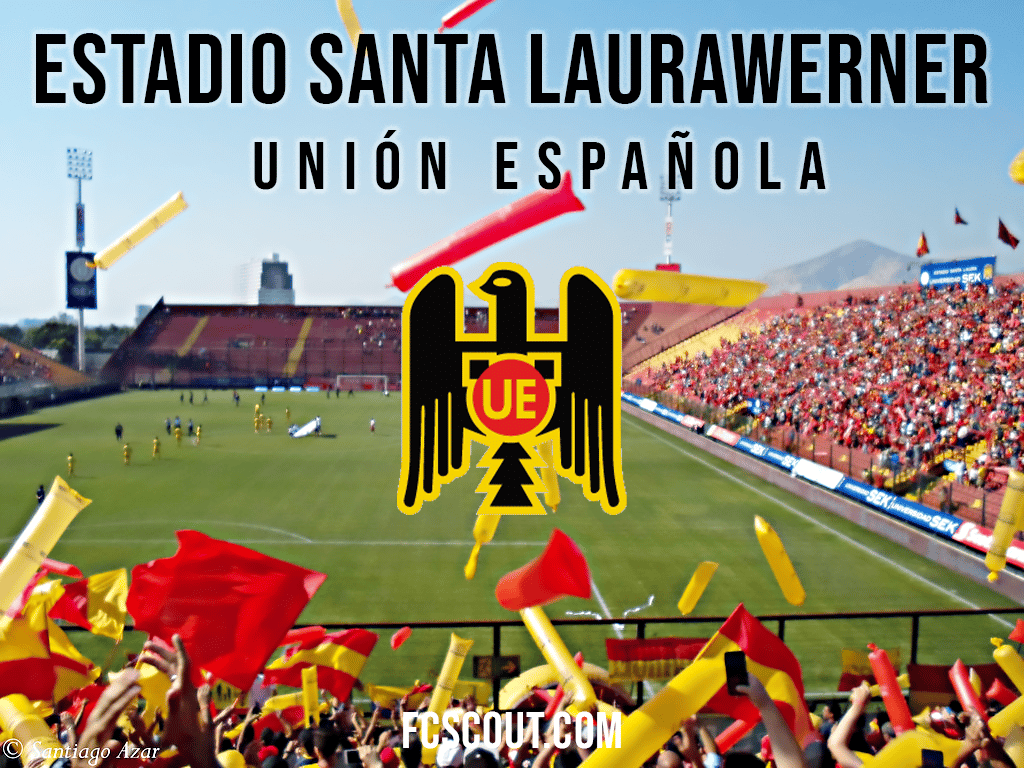
The stadium holds 19,000 people and was built in 1922. It is a multi-use stadium, also used for concerts.

